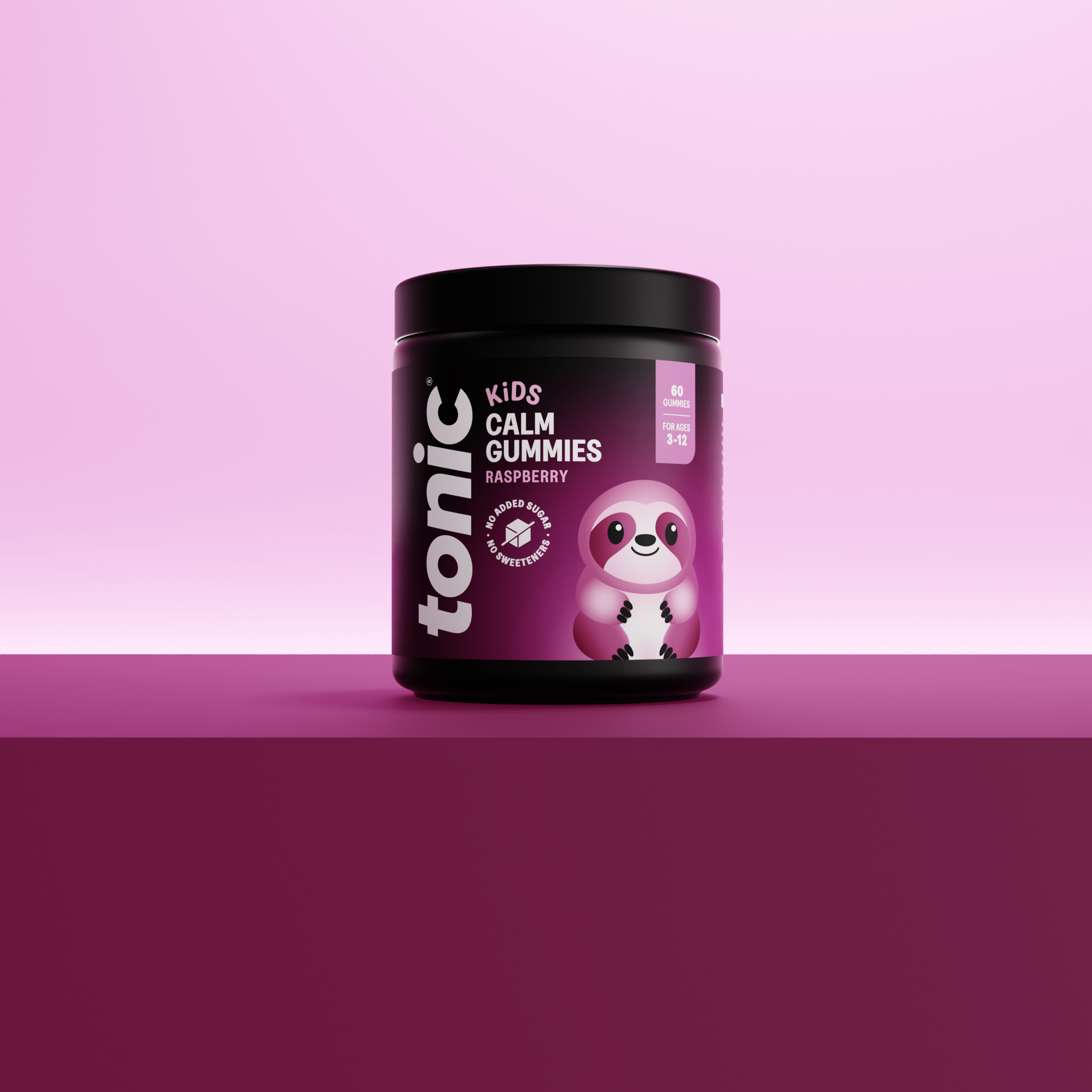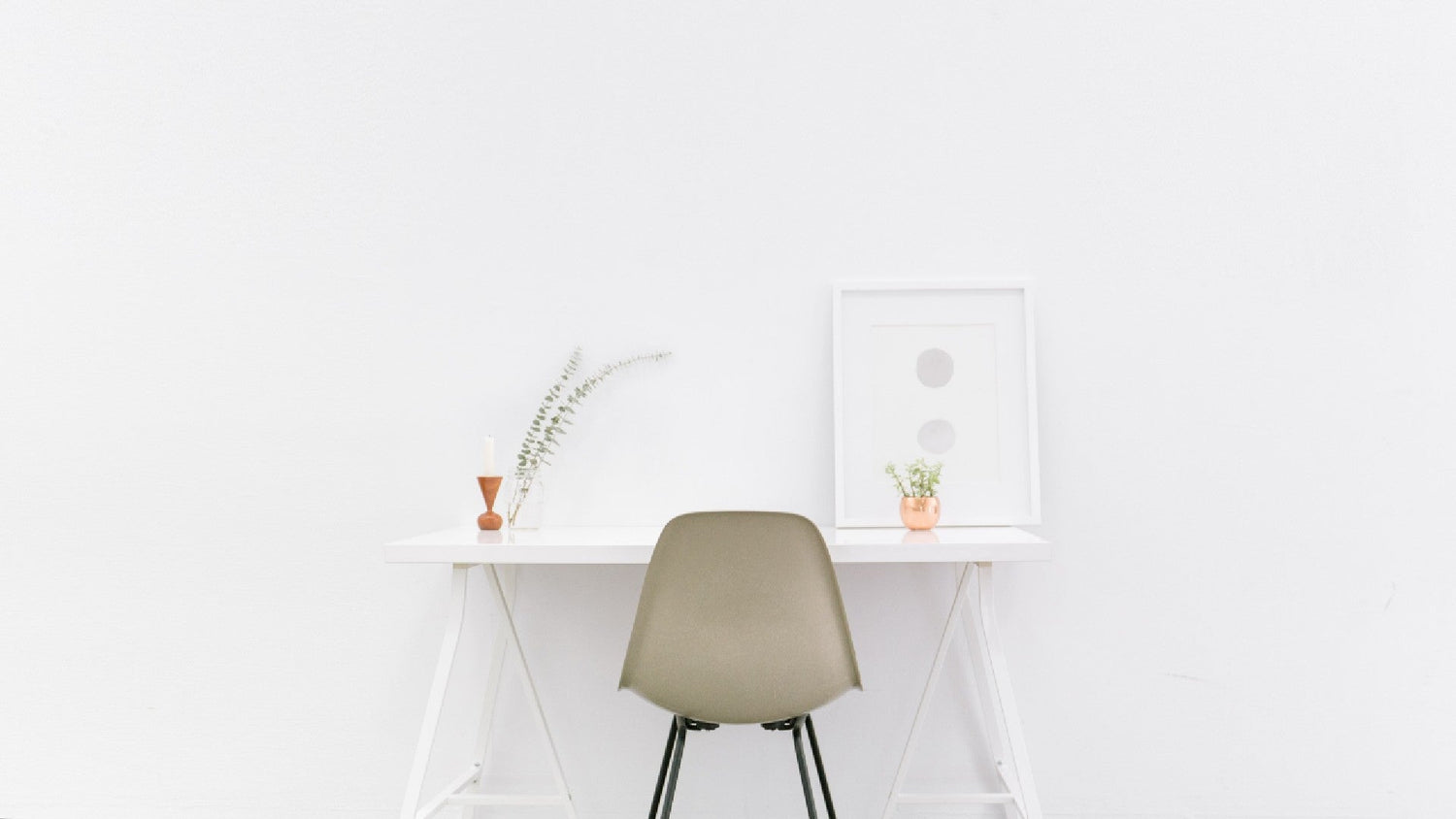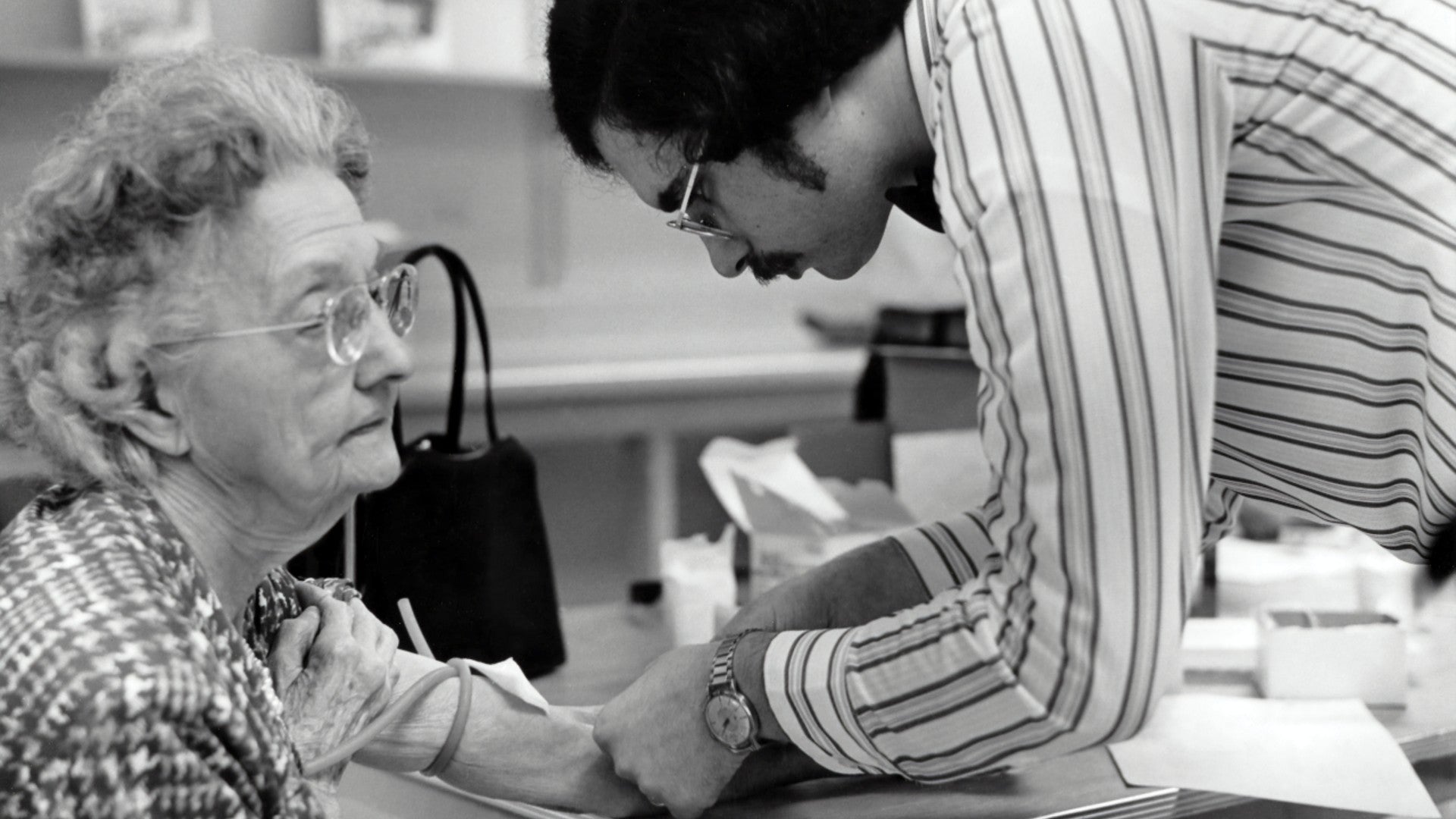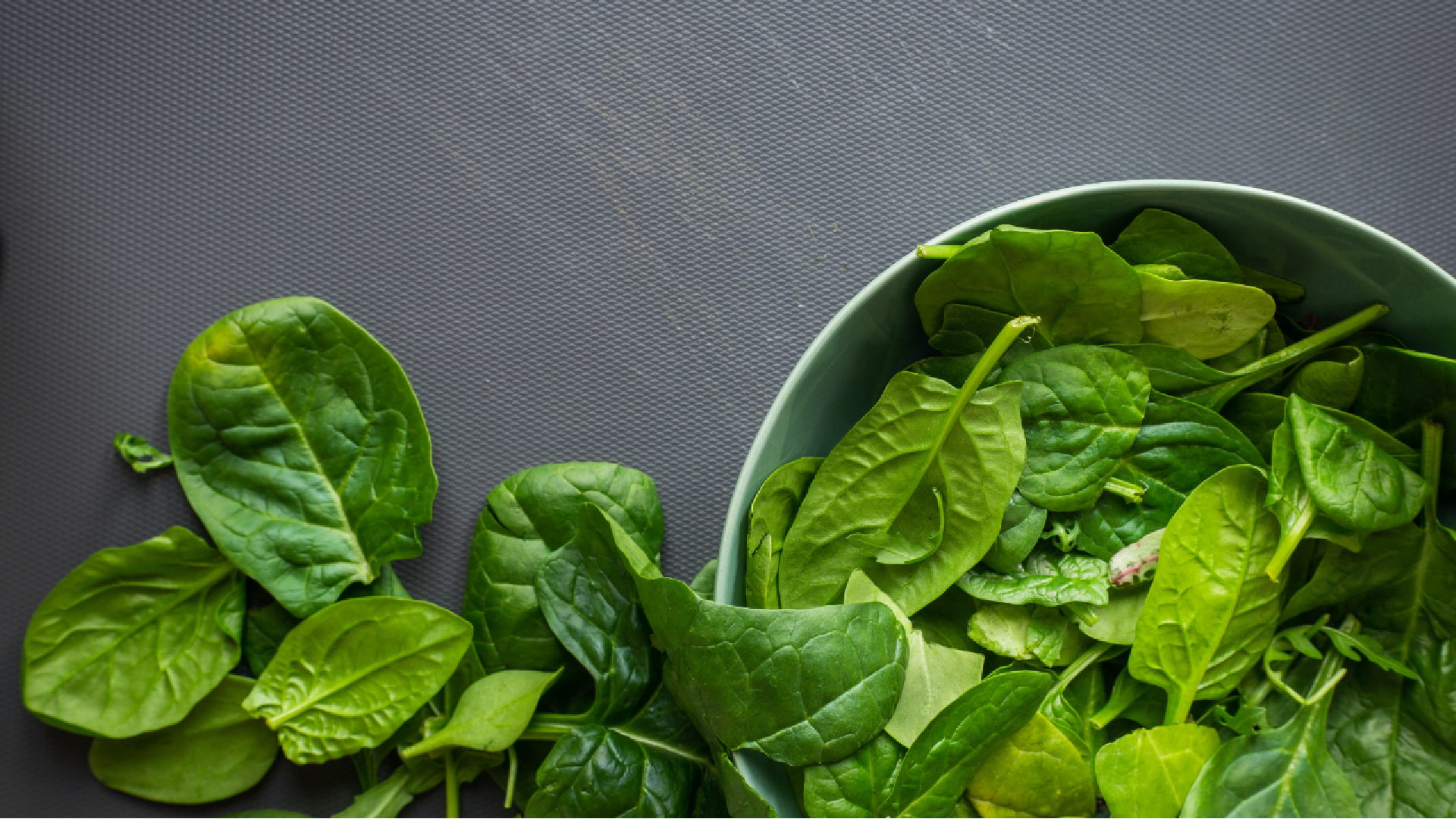By now, you’d have practically needed to have been living on Mars since early 2020 to not know the various frequent mantras of how to lower your risk of COVID-19: wash your hands frequently, wear a face covering when near others, maintain social distancing... you get the idea.
Another thing that many people around the UK and the wider world have been told to do, of course, is stay home as much as possible, to further limit the chances of the virus spreading.
Quite rightly, great numbers of us are doing everything we can to help minimise the likelihood of contracting or passing on the coronavirus. But especially by now, you might also be concerned about what impact remaining so indoors so often could be having on your immune system.
Could it truly be the case that by spending so much time inside, you could actually be inadvertently weakening your immune system due to the lack of environmental pathogens you’re currently being exposed to?
Clearing up the misunderstandings that surround the ‘hygiene hypothesis’
Since the start of the COVID-19 outbreak, you might have seen news headlines suggesting the above, and you may be wondering whether this is something to be concerned about.
Indeed, you might have even heard friends and relatives saying that your immune system needs to come into contact with a certain level of germs in order to stay well-practised and effective – a bit like the difference between an athlete who keeps up regular training, and one who doesn’t.
However, as authoritative sources such as INTEGRIS Health explain, it’s a myth that your immune system becomes less effective if you don’t expose yourself to germs. And as Kim Schive has outlined for MIT Medical, it seems this misunderstanding has largely come about due to confusion about the differences between childhood and adulthood immunity.
The term “hygiene hypothesis” is a real one used in medicine, albeit specifically in reference to the notion of a child’s early exposure to germs potentially helping their immune systems to develop resistance to infections.
But in Schive’s words, “by the time you are an adult, you have already spent years being exposed to many types of bacteria and viruses. You’ve created a robust immune system that can respond to these microbes. Your immune system ‘remembers’ viral and bacterial markers, and as soon as one of these markers shows up, your body starts making antibodies to destroy that intruder.
“Coming into contact with germs spurs an immune response, but it doesn’t do anything to make your immune system stronger.”
So, does remaining inside pose any risks to your immunity at all?
Even with all of the above accepted, however, it would be naive of us to suggest that there aren’t other ways in which staying indoors all of the time could impact on immune health.
One well-known health benefit of time spent outdoors, for example, is the skin producing vitamin D in response to UVB exposure. Vitamin D has various documented health benefits, including helping to strengthen bones and muscles, aiding weight loss, and supporting the immune system.
The NHS has said that there isn’t currently sufficient evidence to support the idea of taking vitamin D specifically to prevent or treat the coronavirus. However, it has still been advising Britons to take vitamin D, given that many of us are likely to have spent more time indoors over the past year.
And of course, it’s not as if COVID-19 is the only infectious disease in town. Vitamin D can help the body to kill bacteria and viruses, for instance, by allowing the macrophages in the lungs to produce an antimicrobial peptide known as cathelicidin. It also plays a role in how other immune cells, such as B and T cells, behave.
The above factors alone may convince you of the importance of still spending at least some time outdoors during the continuing coronavirus crisis, perhaps complemented with the right vitamin D drink supplement.
And of course, being outside at least some of the time right now provides you with an obvious opportunity to partake in the regular physical exercise that could further support your all-round immune health.
Staying constantly indoors at the moment, then, may not imperil your immune health in the way some sources might have you believe. However, it may still heighten certain risks – even merely indirectly – that you shouldn’t entirely ignore.
Striking a sensible balance, then, between staying indoors when you can and also getting outside safely when you can, will help you to achieve the healthiest possible lifestyle, while still minimising the risk of the coronavirus’s spread for yourself and others.







Leave a comment
All comments are moderated before being published.
This site is protected by hCaptcha and the hCaptcha Privacy Policy and Terms of Service apply.